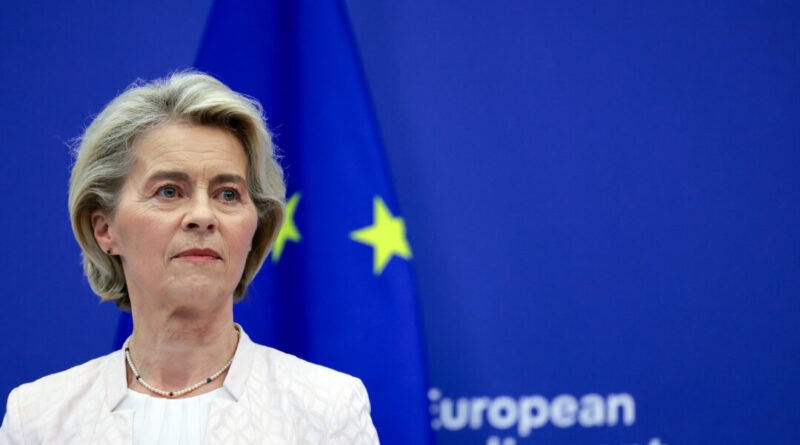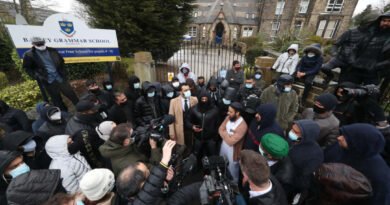EU Plans to Restrict Chinese Hydrogen Energy Technology in the Market
The European Commission released on Sept. 27 draft rules on hydrogen fuels and new terms for the European Union’s next hydrogen auction, with conditions the commission says will protect the European market from overdependency on Chinese technology.
The EU’s energy priorities ensure that low-carbon hydrogen technology benefits “from easier connection and access to the existing gas grid and discounts on cross-border and injection tariffs,” according to the commission.
The bloc’s Hydrogen Bank was established to incentivize hydrogen energy technologies, and will next hold an auction on Dec. 3 to award up to 1.2 billion euros (about $1.34 billion) to hydrogen producers.
The commission stated there would be new “resiliency” terms, which require producers to “contribute to a diversified supply chain and avoid building dependency on a single third country which may threaten the security of supply of electrolysers.” Electrolysers separate the hydrogen from oxygen in water.
China currently produces more than half of the world’s electrolysers, which the commission said constitutes “a significant risk of increased and irreversible dependency of the EU on imports of electrolysers originating in China, which may threaten the EU’s security of supply.”
Producers will have to limit the sourcing of electrolyser parts to no more than 25 percent from China to be eligible for the auction.
EU Commissioner Wopke Hoekstra said earlier this month that local producers had said they could not compete with cheaper Chinese products.
“The next auction will be different,” Hoekstra said in a speech at the Eindhoven University of Technology in the Netherlands, previewing the rule changes. “If European cybersecurity and safety cannot be guaranteed, if the data of our people and our companies cannot be guaranteed, companies cannot get support.”
The new terms additionally require each project to have a cybersecurity plan to ensure that operational control and data for each project remain in the EU. They also specify that source information for all original equipment manufacturers needs to be submitted, including whether that manufacturing benefited from foreign subsidies.
Hoekstra told reporters earlier this month that the cybersecurity and data rules are meant to ensure that EU data “do not end up in the hands of governments outside of the [European] Union.”
The new terms state that imports being “unfairly subsidized or dumped on the EU market” may be investigated, as the EU had conducted such an investigation on Chinese electric vehicles earlier this year, subsequently raising tariffs.
The EU had concluded that the Chinese regime had subsidized the industry to the point of overproduction and was dumping its surplus on the global economy.
The ruling Chinese Communist Party (CCP) often mobilizes industries, with heavy state financial backing, to meet strategic goals.
The world’s second-largest economy is in crisis, with insolvent industries and record levels of foreign investment pulling out, and now trade partners like the EU and the United States are limiting Chinese imports with new tariffs and restrictions because of CCP-directed cyberattacks, international regulation violations, and human rights abuses.
Reuters contributed to this report.






